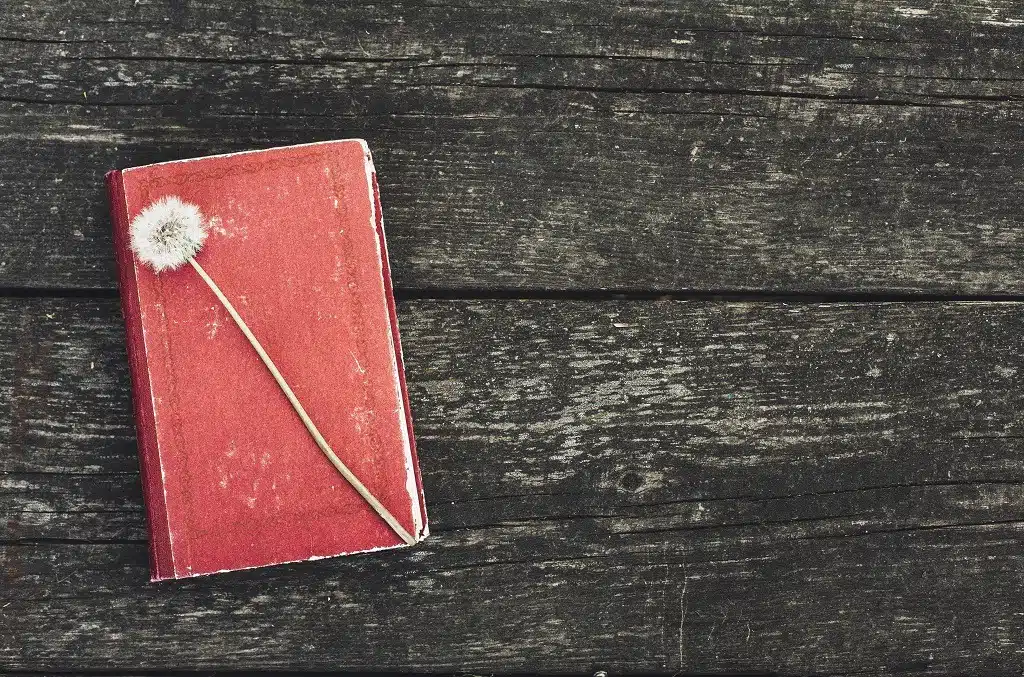Here’s what the Idyll poetry form is:
Idylls are short poems about rural living, though the original idylls by Theocritus were actually quite long by the standards of modern poetry.
This is generally seen as a synonym for pastoral.
When the two are differentiated, it is accepted that “idyll” will then refer to poems that are directly inspired by Theocritus’ writing.
So if you want to learn all about the Idyll poetry type, then you’ve come to the right place.
Keep reading!

Forms of Poetry: The Idyll

Idylls are essentially just pastorals (poems that portray and/or idealize rural living and especially life on ranches and farms).
The main differentiation is that a poem is considered an idyll if it is inspired by or mimicking the style of Theocritus in the work simply called The Idylls.
This term is also sometimes applied to musical pieces or paintings with similar subject matter.
Calling idylls a “form” would be insincere, since the general understanding is that the word relays the topic rather than any concrete ruleset for the poem itself.
Basic Properties of the Idyll

| Rhyme Structure | Varies |
| Meter | Varies |
| Origin | Ancient Greece |
| Popularity | Common but the term “pastoral” is usually preferred |
| Theme | Rural living, life on ranches and farms especially |
How Is an Idyll Structured?

Here we reach the part where I realize my usual template isn’t perfect for every form out there.
You see, the idyll doesn’t really have a structure, though you might expect it to.
While it’s true that idylls are harkening back to Theocritus, generally seen as the inventor of the pastoral, the reality is that not all idylls are written in his style.
In fact, you could just as easily say that idyll and pastoral are synonymous if you wanted to.
If you were to write a poem in the style of Theocritus, then you would prioritize narrative poetry with a bend toward romanticism.
One of his most famous poems simply describes a singing goatherd.
It’s the setting that makes it an idyll more so than the events, so don’t be afraid to have the characters engage in actions that aren’t necessarily related to farming.
An idyll inspired by the actual writing style of Theocritus will generally be a bit long, by modern poetry standards, since the Greeks were notoriously long-winded in their poetry (ever heard of The Odyssey?), but still only a page or two at most.
But poets’ different interpretations have made the term incredibly ambiguous over the years, so there really is no definitive length, so long as the vague spirit of an idyll is present.
Example of an Idyll

The Fiddling of the Shepherds
O Muses, the shepherds are at it again
playing rough on their violins,
while one lone elder watches the sheep,
and thank the gods for that.
Eris has taken the whole season off
and all the crops are standing tall
so here amidst golden fields of grain,
farmers and ranchers gather again
to strum fast upon their fiddles
and thank the gods for that.
The youngest tried to woo a maiden
but had no skill with which to write
and so she left him for a senator
but he stole her father’s cow out of spite.
He decided not to press charges,
for his daughter’s a rough-ridden harlot
who’d tricked many a man before,
and curse the gods for that.
The above idyll takes some cues from Greek poetry, such as a nod to the invocation of the muse and throwaway references to the gods but is relatively distant from the writing style of Theocritus.
This was chiefly done to show that it’s not really about imitating his work, so much as it is about capturing country life.
Of course, a poem that goes into more detail about farms and ranches would be closer to what people think of when they hear words like “idyll” and “pastoral” but there’s no real obligation there.
This poem takes place in a rural setting and it does invoke the laid back tone that we’re looking for from the form.
That’s all you really need.
Tips for Writing an Idyll

First, identify whether it would be better to call your poem a pastoral.
I want to make it perfectly clear that pastoral is the more widely known term and, as a general rule of thumb, should usually be the term you use.
If you’re going to call your poem an idyll, it should strive to invoke some sense for Greek poetry, at the very least.
Having said that, I’ll be the first to point out that not everyone who calls their poem an idyll is following that rule.
There is functionally very little reason for the term idyll to even exist, since Theocritus is generally regarded as the father of the pastoral anyway, but it does exist so we should strive to at least give it some sort of meaning that’s unique to it.
Focus your attention on setting and character, rather than the techniques you might normally focus on.
An idyll doesn’t necessarily need rhyme, alliteration, etc.
Greek poems were largely just stories that were sung.
Bonus points if you can squeeze in allegories using Greek mythology or similar touches that make it feel more authentic, but you can ultimately do whatever you want as long as it’s within the bounds of rural/rustic living.
Keep in mind that Theocritus specifically idealized rural living.
A poem about how much a farmer hates life on the farm wouldn’t be in the spirit of the idyll, though it could be entertaining in its own right.
Idylls should instead be relaxed and comfortable poems that call to mind that primal dream of retiring to a farm somewhere.
Poet’s Note

If it sounds like I’ve been overly critical of the term, it’s worth noting that I personally only think synonyms have merit if they have a different connotation to the more common term.
Pastoral and idyll nearly mean so exactly the same thing that it just drives home the point that English may have too many synonyms.
If one term implied wealthy ranchers and the other implied poor farmers, maybe we’d be on to something.
Sadly they really are almost interchangeable.
Comprehensive Collection of Poetry Forms: Craft Words Into Art

Dare to traverse the entire spectrum of poetic forms, from the commonplace to the extraordinary?
Venture from the quintessential Sonnet to the elusive Mistress Bradstreet stanza, right through to the daunting complexity of Cro Cumaisc Etir Casbairdni Ocus Lethrannaigecht.
For those with a zeal to encounter the full breadth of poetry’s forms, this invitation is yours.
Start exploring the vast universe of poetic ingenuity with our comprehensive array of poetry forms right now!
